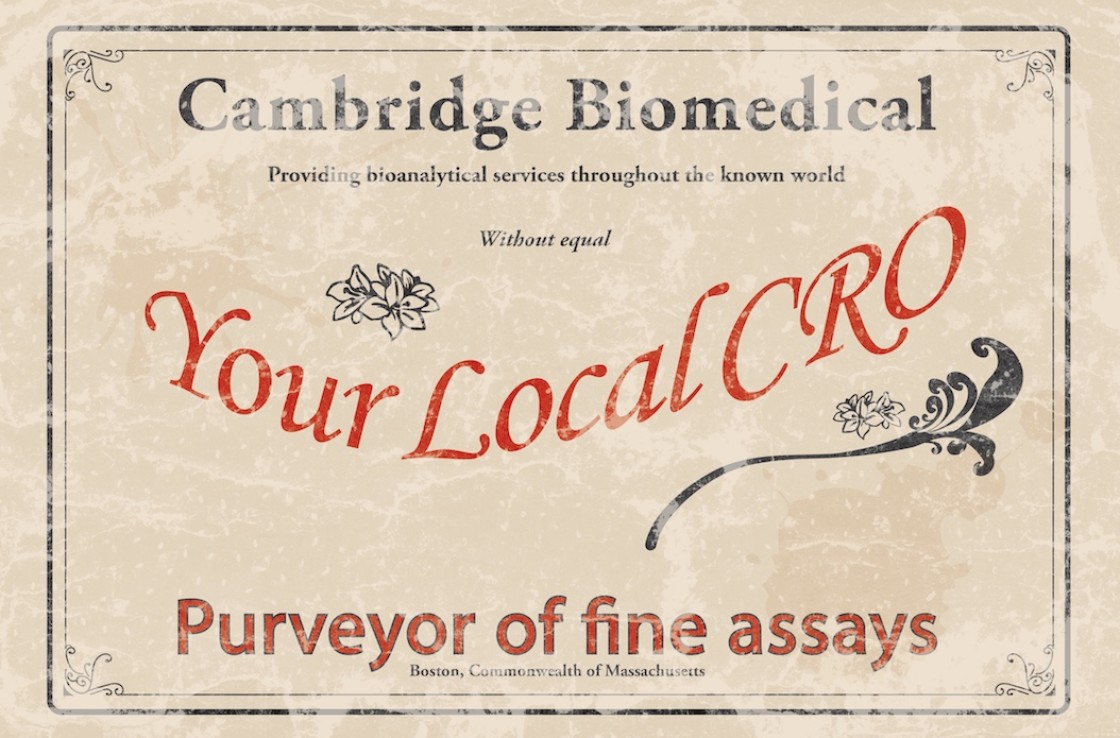A drug that destroys the characteristic protein plaques that build up in the brains of patients with Alzheimer’s is showing “tantalising” promise, scientists say.
Experts are cautious because the drug, aducanumab, is still in the early stages of development.
But a study in Nature has shown it is safe and hinted that it halts memory decline.
Larger studies are now under way to fully evaluate the drug’s effects.
The build-up of amyloid in the brain has been a treatment target for many years.
This study, of 165 patients, was designed to test aducanumab was safe to take.
After a year of treatment, it also showed the higher the dose the stronger the effect on amyloid plaques.
